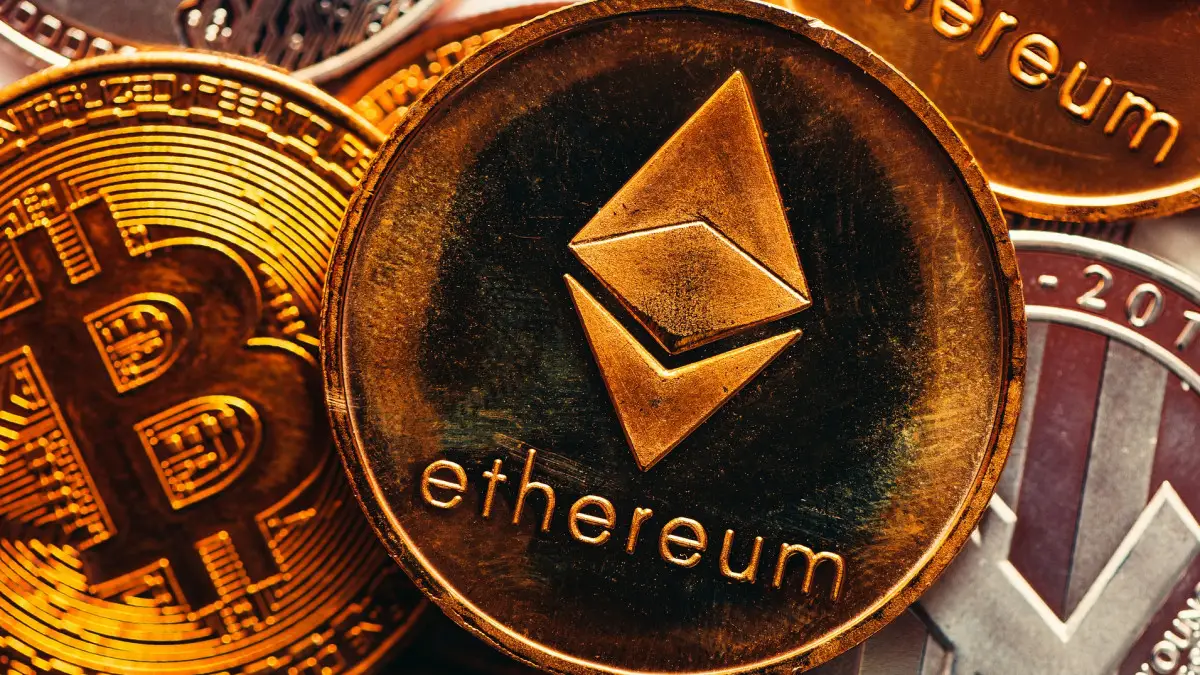Ethereum’s Dencun upgrade, which introduces “proto-danksharding,” has successfully completed its final testing phase via the Holesky testnet and is now awaiting scheduling for its mainnet deployment.
Data indicates that the Dencun upgrade was initiated on Holesky at approximately 11:35 am UTC on February 7, with Nethermind promptly sharing the news on X.
This upgrade is widely anticipated to reduce transaction costs on Ethereum layer-2s.
Dencun will notably introduce proto-danksharding through Ethereum Improvement Proposal-4844 (EIP-4844).
The key feature of EIP-4844 is the introduction of “blobs,” which will enable Ethereum nodes to temporarily store and access large amounts of off-chain data.
Philippe Schommers, head of infrastructure at Gnosis, previously explained to Cointelegraph that the implementation of Dencun on the Ethereum mainnet could potentially lower rollup costs by up to 10 times.
A decision regarding the mainnet deployment date of Dencun is expected to be made on February 8 during an AllCoreDevs call, while Ethereum enthusiast Anthony Sassano stated on February 7 that “all signs point to early-mid March.”
READ MORE: Ethereum Foundation Explores Strategies to Optimize Blockchain for Rollup-Centric Roadmap
Combining the Cancun and Deneb upgrades, Dencun is poised to be the most significant upgrade of Ethereum since the Shapella upgrade last April, which marked the first instance of unstaking Ether (ETH) from the Beacon Chain since its launch on December 1, 2020.
Cancun primarily focuses on network scalability at the execution layer, with EIP-4844 being the central component.
Additionally, EIP-1153, EIP-4788, and EIP-6780 are included in the upgrade.
Deneb, on the other hand, concentrates on enhancing Ethereum’s consensus layer.
Before being tested on Holesky, Dencun underwent deployment on the Goerli and Sepolia testnets on January 17 and January 30, respectively.
However, the deployment of Dencun to Goerli encountered a four-hour delay due to a bug that hindered the testnet from completing the upgrade.
“The network faced syncing issues with nodes due to a bug in Prysm, Ethereum’s proof-of-stake client,” explained Nebojsa Urosevic, a founder of the Ethereum development platform Tenderly, to Cointelegraph at the time.
“This incident underscores the importance of having multiple clients and the necessity of testnets,” Urosevic added.




